BBC Proms 2023: Aurora Orchestra bring a trailblazing Rite of Spring to the Royal Albert Hall
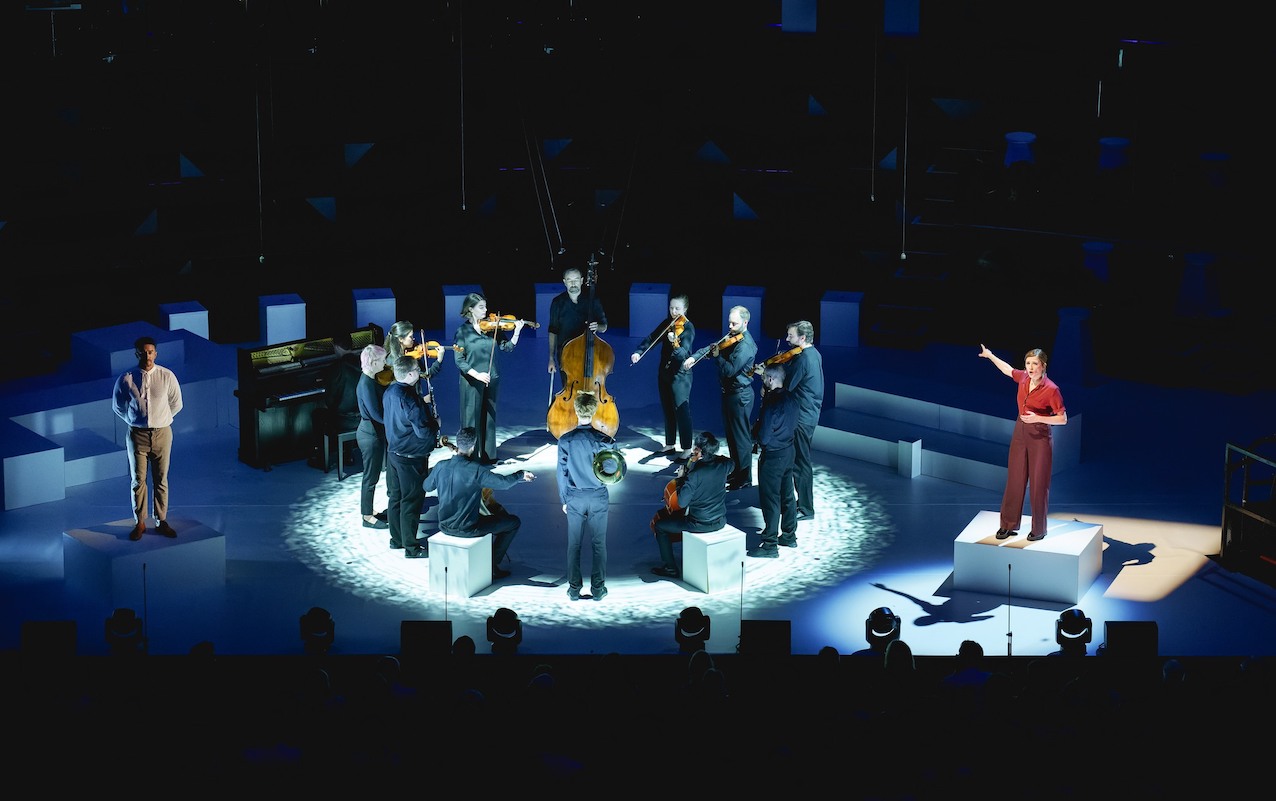
A solo bassoon is raised on a platform on the stage; the player, Amy Harman, begins an eerily emotive phrase, the instrument’s unusually high register evoking a folkish reed-pipe named a “dudka”. She acts as a lone shepherd, guiding the audience to rural Russia, where a pagan springtime ceremony awaits, featuring celebrations of the earth, a tribalistic rivalry and an appalling sacrifice…
The Aurora Orchestra’s 13th year at the BBC Proms is its most ambitious to date. The ensemble is renowned for its pioneering effort to memorise orchestral works, but tonight’s rendition of Stravinsky’s infamous ballet The Rite of Spring is awe-inspiring in multiple dimensions. The show is split into two halves: the first is an immersive display of “orchestral theatre”, with actors Charlotte Ritchie and Karl Queensborough joining conductor Nicholas Collon to illuminate the Rite’s creative conception, compositional process and raucous 1913 premiere. The second half is a memorised performance of the full work.
Collon is magnetically charismatic as the evening’s guide, introducing Ritchie and Queensborough in a multitude of roles, including Ballet Russes company founder Sergei Diaghilev, choreographer Vaslav Nijinsky and a playful portrayal of Igor Stravinsky. The trio seamlessly deconstruct and analyse the work, before reconfiguring it into a multimedia collage that is delightfully textured with dramatic narration, audience participation and orchestral choreography, in which instrumentalists glide across the stage in varied formations, musical puppets awaiting their conductor’s command. The effect is collective immersion in a notoriously complex piece, with Collon at one point creating an audience choir to produce the work’s signature E flat 7 over F major polychord – he evokes a smartly-dressed Jacob Collier.
The script, written by the orchestra’s resident flautist and creative director Jane Mitchell, provides generous anecdotes – such as the boy who cried “make it stop!” when hearing Stravinsky’s discordant piano experiments in the Geneva mountains – that a typical programme note would not. Figurative descriptions of “twisting bassoons and croaking bass clarinets” give language to sounds that audience members may not have heard before, but the number of characters and complexity of the timeline risks leaving viewers behind. The addition of occasional cartoonish lighting feels discordant to the work’s macabre story, and could either have been simplified or given a consistent artistic strand in the performance.
A short break and it is time for the musicians to take centre-stage, their hours of meticulous and creative memorisation providing orchestral communication at its most raw. They stand in a choir-like formation, mirroring the promming audience; unearthly wind and brass solos cry out, rallying the strings into the gritty ritual. Together they are formidable, not a beat out of place. Stravinsky intended a “sacred terror in the noonday sun”, and it is hard to imagine a better way for an orchestra to inhabit primal dread than taking away the tool they are trained to depend on: the sheet music.
The Royal Albert Hall is 135 feet high, and at points the ensemble could have employed more depth of sound to project to the gods. Nevertheless, Reimagining The Rite is a resounding achievement, its unwavering creative commitment and diligent attention to detail a springboard from which other orchestras should leap. “Where to go from here?” is the obvious question. For now the Aurora Orchestra should relish their success, proud of their audacious trailblazing in providing “new ways to engage with orchestral music”.
Ellen Wilkinson
Photo: BBC/Andy Paradise
For further information and future events visit Aurora Orchestra’s website here.

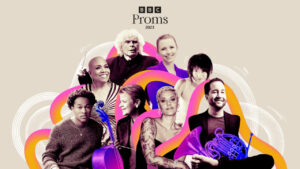
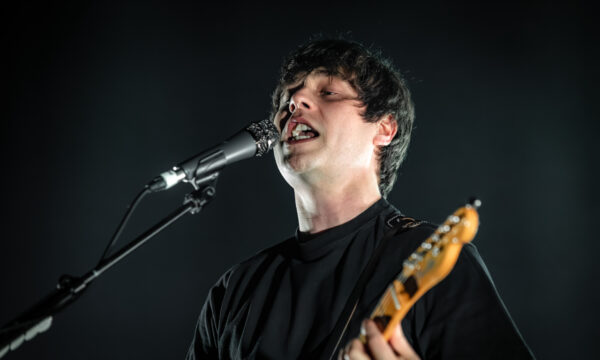
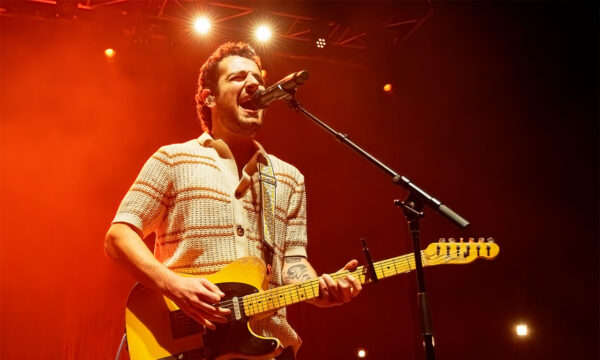

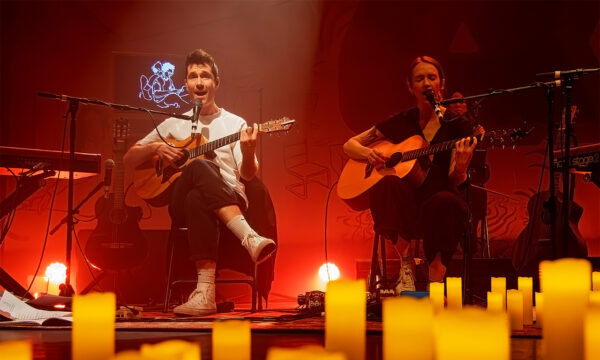
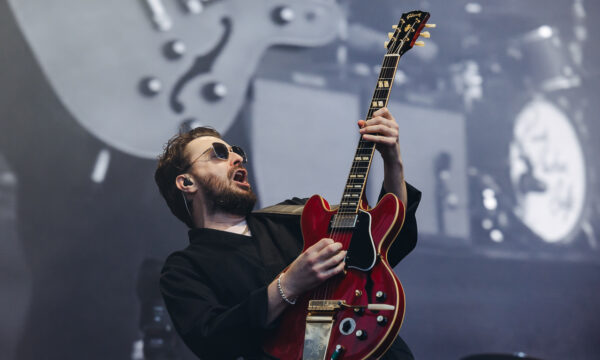
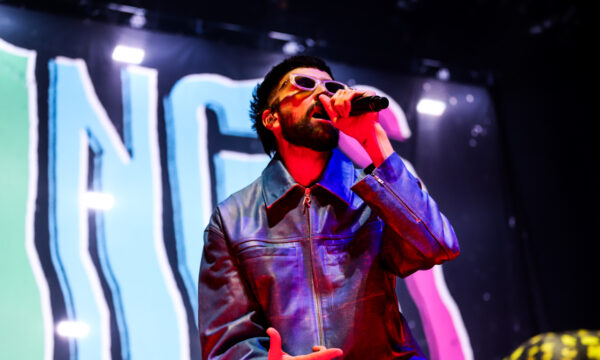
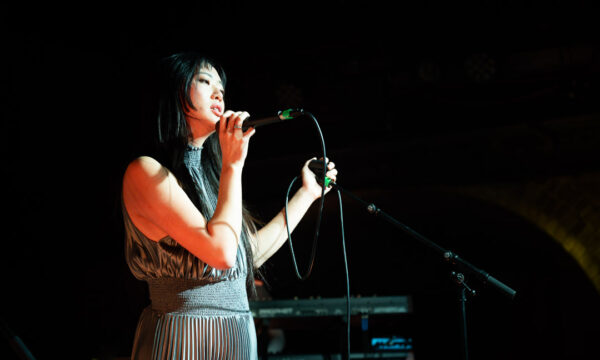
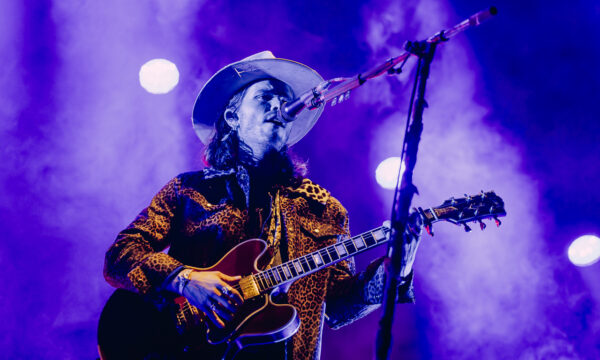
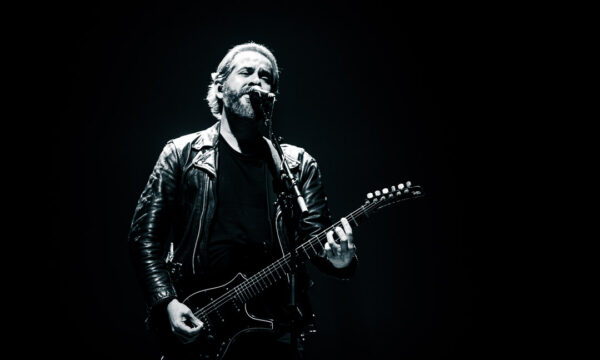










Facebook
Twitter
Instagram
YouTube
RSS